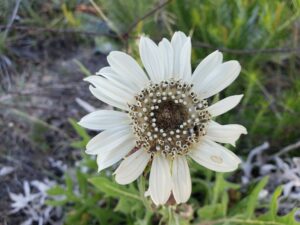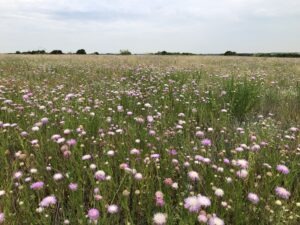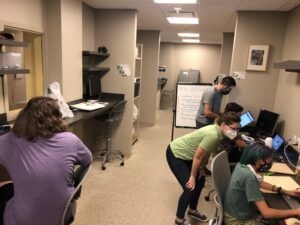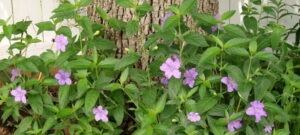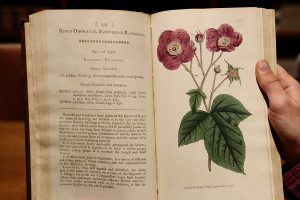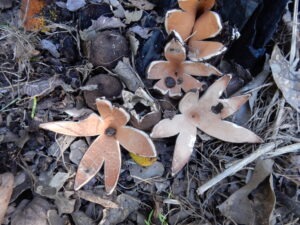This is the first in a new “Where Are They Now?”series featuring guest posts from former interns, volunteers, staff, and friends of BRIT. This month’s post is from former BRIT intern and herbarium staff, Miranda Madrid.
Hello! I wanted to share my experience in the Mile High City with all of you back home in the great state of Texas. I am currently participating in a year-long service program in Denver, Colorado, while I discern my path as an up-and-coming environmental scientist.
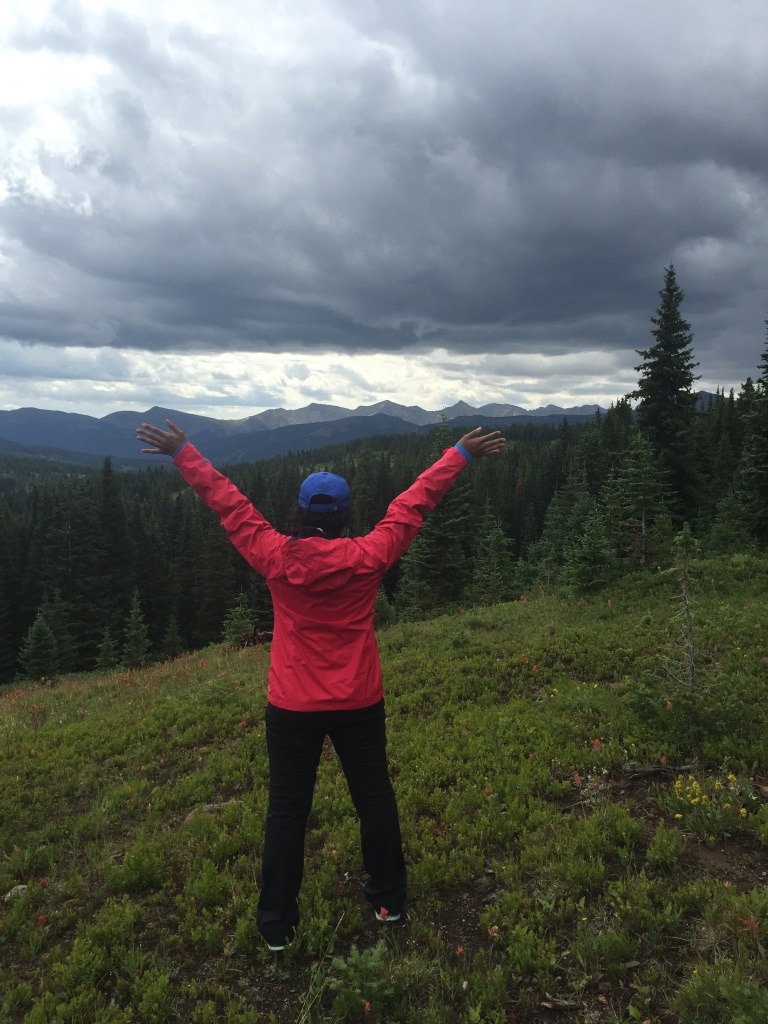
My service group, Colorado Vincentian Volunteers, is a nonprofit organization based in Denver dedicated to inviting young people into a process of transformation through companionship with those who are poor and marginalized.
So what exactly does this mean?
Essentially, the group functions similarly to a domestic Peace Corps, but with a spirituality component. While the program consists of 20 participants, I live with 9 in a home we fondly call COHO. We are quite an interesting bunch—making the best of our small stipends and simple living by going on hikes, having movie days that turn into nights, and sharing community meals. It’s actually a lot of fun navigating a new city and continuing to transition into an “adult” with 9 other friends by your side.
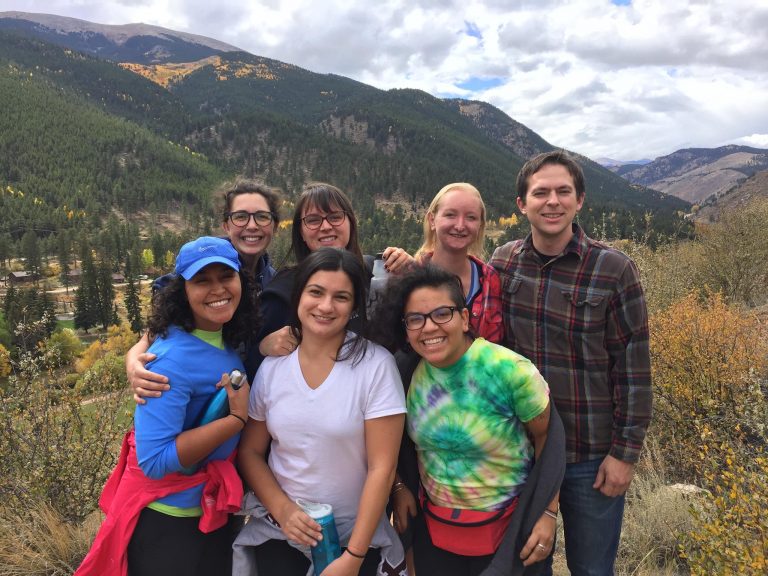
Beyond the community life and spirituality component, all participants work at different nonprofits throughout the city, specifically working with those communities that society has placed on the margins. While some head off to clinics, schools, homeless shelters, etc., I am lucky enough every day to head to The GrowHaus in the Northeast Denver neighborhood of Elyria-Swansea. Not to be mistaken with other types of grow houses in Colorado, The GrowHaus was established in 2009 to be an indoor farm, market, and education center that works to combat food insecurity for the residents of the Globeville, Elyria, and Swansea neighborhoods.
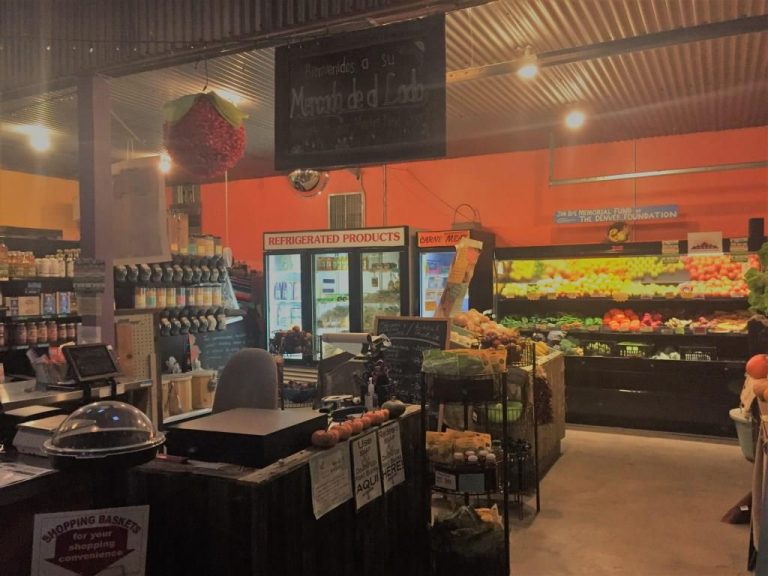
The GrowHaus operates on the belief that healthy food is a right, not a privilege. In the 1960s, the neighborhood transitioned to a predominantly Latino community—which it remains today. The community suffers numerous barriers to its development. I-70 separates a large part of the community from Metro Denver and is responsible for air and noise pollution. The area is also heavily industrialized, and in the late 1990s, the EPA declared 80216 to be one of the most polluted zip codes in all of Colorado. Due to the plants and factories, there are higher than normal levels of cadmium, arsenic, and lead in the soil—meaning residents have to import soil to enjoy the food they grow. On top of these environmental concerns, the community exists in a food desert, where healthy, affordable food is hard to access and unhealthy, cheap food is easy to come by. Public health becomes an issue because people suffer from asthma and diet-related chronic diseases more than the Metro Denver population.
So enter The GrowHaus…where we recognize the barriers in our community but focus on the many assets that the residents provide us. The GrowHaus operates holistically: food production (hydroponic and aquaponics farms growing lettuce to be distributed locally); food education (an interactive space to provide experiential education to all who seek knowledge); and food distribution (a Mercado that sells culturally appropriate foods on a sliding scale price system). Our work is focused on providing healthy, organic, local food at an affordable cost combined with empowerment and education for the journey ahead. From Cosechando Salud/Harvesting Health to adult and children MicroFarm classes to the annual Christmas party and toy drive, we work to meet people where they are and thrive in the community feel of our neighborhood. Being a predominantly Latino community, there is a rich tradition around food. We believe in not only providing ingredients that are important to the traditional Latino diet, but approaching our teaching in a culturally sensitive way. After all, we are not here to impose our values on the community but to walk in solidarity with our fellow neighbors.
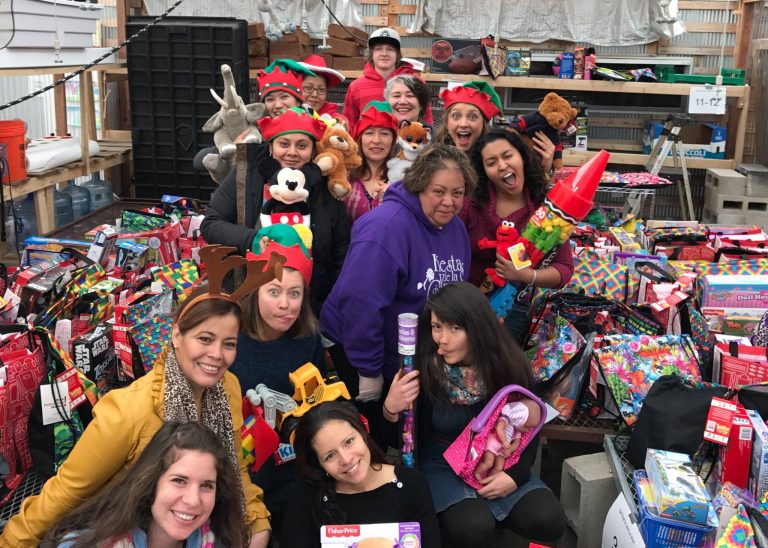
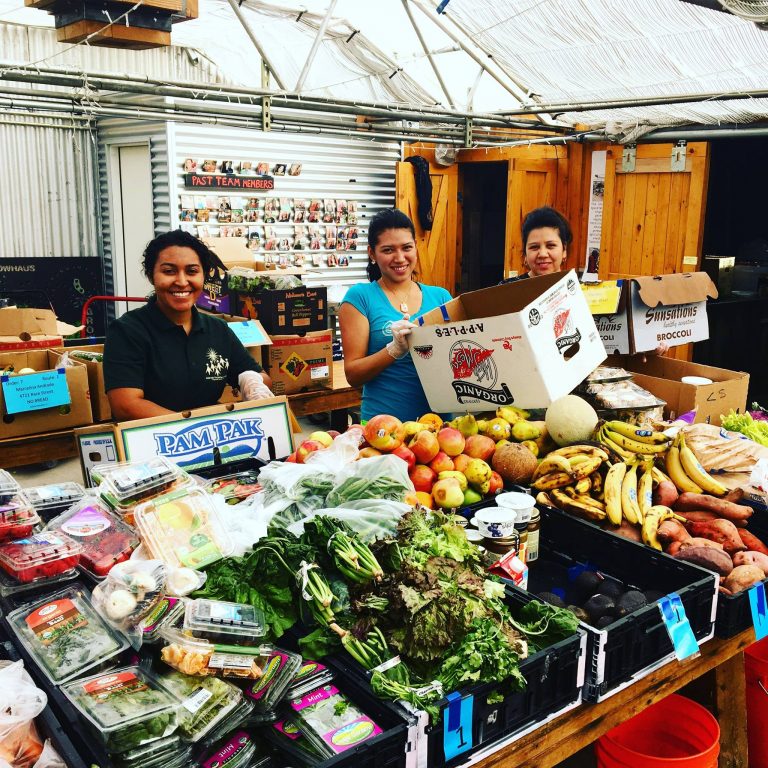
My title at The GrowHaus is Programs Assistant so I wear many hats with my fellow co-workers. I assist in managing volunteer groups, the internship program, and maintaining our greenhouse space which includes a food forest, rabbits, chickens, and compost. I also assist the Education and Community Outreach teams leading tours, service learnings, after-school kid classes, community events, and more. It is absolutely a steep learning curve and a very busy place to work. One of the best and most challenging parts of my job is the opportunity to practice speaking Spanish. I am thankful that most people are pretty patient, giving me the chance to struggle and learn.
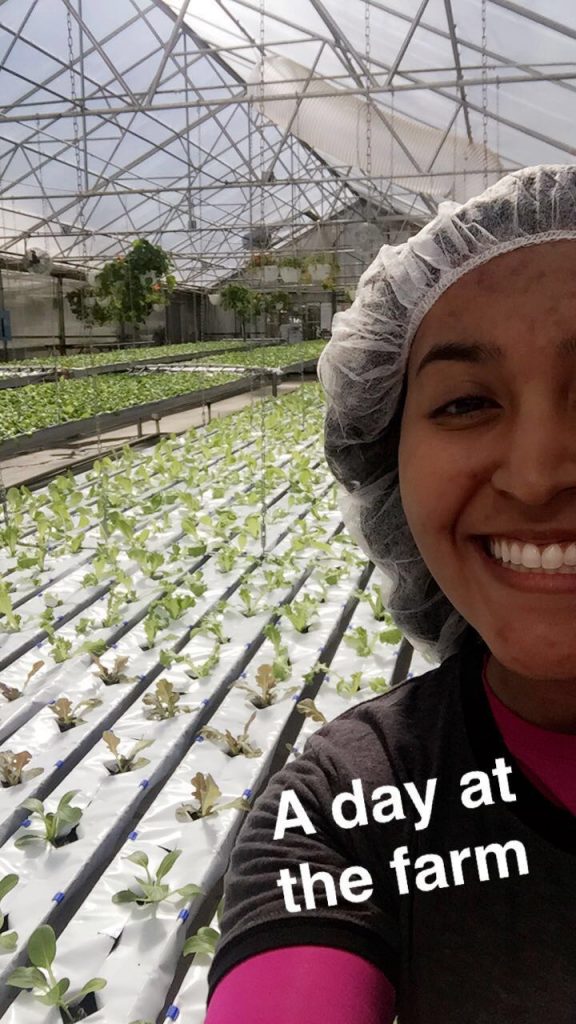
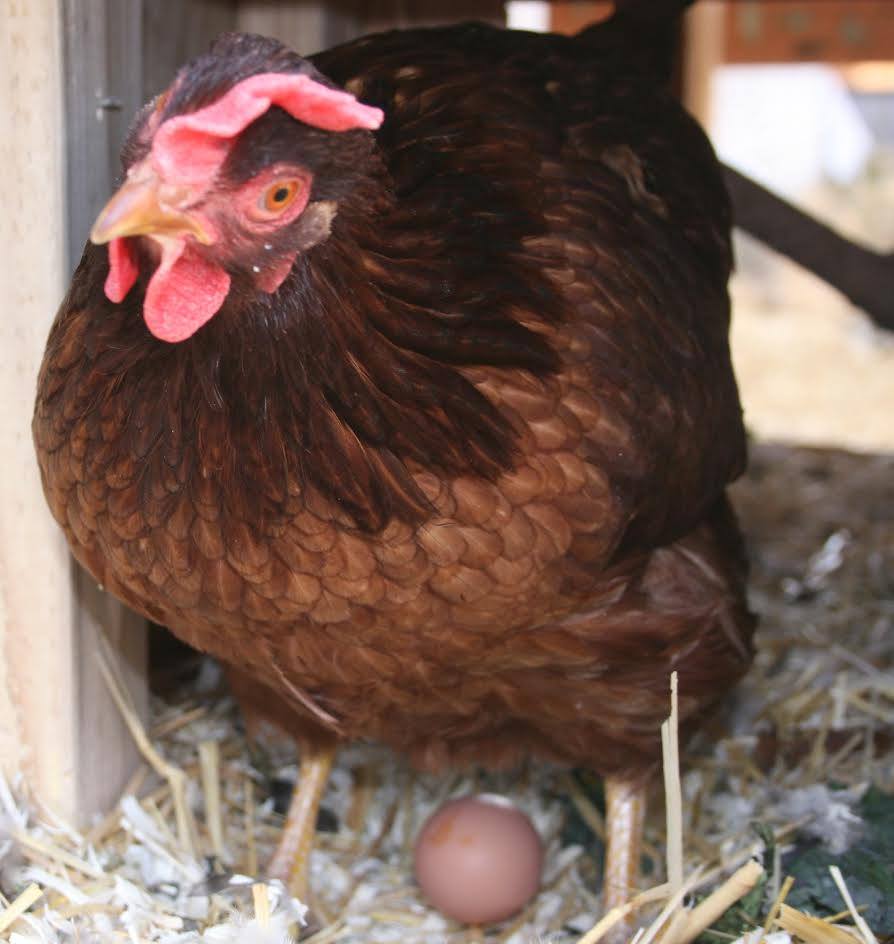
How does this work tie to ecological, food, and social justice and everything in between?
My first week at The GrowHaus was nothing short of a reality check. Back in the spring, when I learned that my placement site was The GrowHaus, I was thrilled—to be part of a nonprofit dedicated to the environment as much as I am. However, when I arrived in Denver and learned of the other job placements that my fellow CVVers were embarking on, I felt less-than. They were going to be looking into the eyes of the homeless, hearing the stories of refugee families, and getting a closer look at poverty in the U.S. I was simply going to be providing healthy, affordable food to those in need. I naively thought I understood this complex issue and did not need to be awakened to any additional perspective.
And then came my first week, where sights, sounds, and smells showed me that isolation and poverty come in many different forms. To have a house does not mean that one is much better off. To provide one’s family with dinner does not mean that opportunity awaits. I had to learn that just because I don’t see it, does not mean it does not exist. In my search to understand justice, I had to see that people on the margins do not always fit my ill-conceived, stereotypical image. I am so thankful to have learned this lesson early on.
One of the most amazing things I learned from my director has stuck with me these past few months: The GrowHaus uses food as a lens for viewing many social justice issues. The GrowHaus is not just a space to shop for healthy, local, affordable food; it is a brave space in which hard conversations can be had and laughter and companionship abound. The GrowHaus works to empower its community to make the right health choices for themselves and their family with confidence—how to shop on a budget, how to cook healthily, how to grow a garden, how to become true leaders in their families and communities.
In all of the political mix that has encapsulated my time here, The GrowHaus reminds me what inspired me to be an Environmental Scientist in the first place.
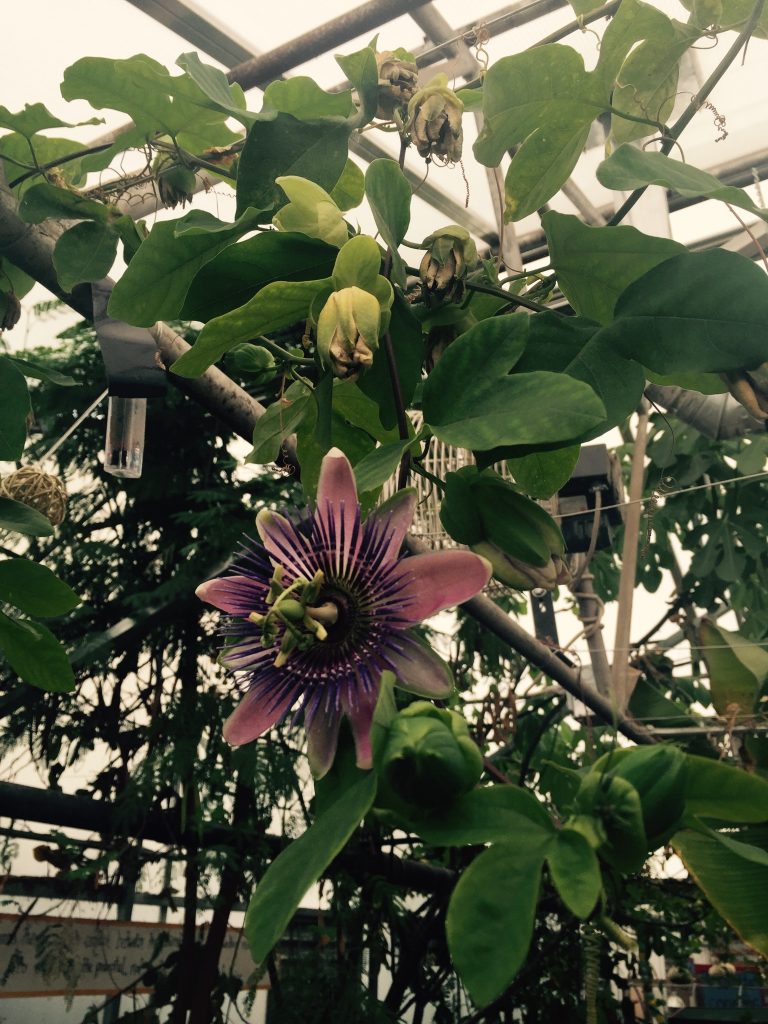
Any questions, comments, or just to say hello, please email me at mmadrid@alumni.nd.edu.
¡Nos vemos!

